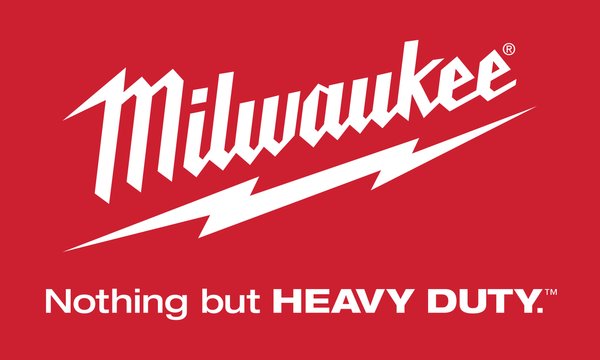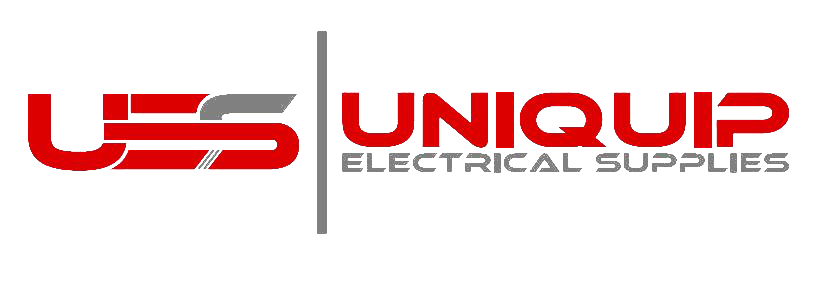Emergencies Pt.2 - Accidental Drilling


This week, we are going to be looking at what happens/what could happen if you drill through something you’re not supposed to. This includes water pipes, sewer pipes, gas pipelines, and electrical wiring.
Accidents happen in site. The best thing about being in construction is that they’re usually fixable. Sometimes it’s an expensive fix, but you’d likely be surprised how many excavators hit sewer lines or existing plumbing. The point is – it happens, and it’ll likely happen to you at some point of your career.
However, because they’re more common than you think, don’t think that they aren’t dangerous. Drilling through live power cables can be lethal, so too can drilling into gas pipelines, and main water pipes can cause a lot of damage.
First thing to do, as always, it make sure you know what you’re doing. Whilst this sounds a little asinine, what we mean is make sure you know where you’re drilling, what’s behind what you’re drilling, and make sure you mitigate the risk to yourself and risk of damage to property as best as you humanly can before you start. That means figuring out where pipes are running, where conduits are, and in cases where you’re drilling blind, making the best educated guess you can to avoid as much damage as you can. In the case of electrical outlets, make sure the power to the area you’re working on is disconnected, and locked off. Make sure you follow property EGT procedure for this, and bear in mind that the entire site’s power might need to be turned off for you to complete your work safely. This may also apply to gas mains and water mains, especially if you’re working on a domestic home.
Also, please ensure you know where ALL of the mains supplies are for the home you’re working on. That means Gas, Electricity, and Water.
When you’re ready to start – check your working again. And if need be, have someone else check it with you.
Now that you’re ready to drill, start drilling. But, take your time. You are not paid by how quickly you can finish a job – and if you don’t finish the job safely at all it might cost you more than the extra five minutes you had to take with your drilling device.
Lets say however, that you hit a gas pipeline.
The first thing you have to do is STOP what you’re doing. Do not keep drilling, just stop. Leave the machine in the wall. The next thing is to inform the head builder on site and your superior, and then immediately isolate the energy supply – in this case the gas – to ensure there is no leaking. You can either turn the tap off at the front of the property, or inform the correct trade to isolate it for you. Leaking gas can cause large issues, leaking water can cause massive damage in walls, and electrical damage can cause a plethora or issues including fires and electrocution.
Assuming the gas was turned off, then it is likely you will be asked to go on with other work whilst the damage is rectified. However, if the gas has NOT been turned off, you will likely be asked to evacuate the area and possibly the site, whilst the appropriate trades attend to the building.
However, this isn’t necessarily true with all of the forms of energy supply. It is unlikely that you would be asked to stop work if there is a water leak, unless it is creating a different danger such as being energised by an electrical current. And likewise, if there is an electrical danger, you may be asked to isolate that room, and ensure no one enters it, however the site may still be safe to operate on. For more information on this, please ask your tradesperson, or field officer.
As we mentioned, these things can happen from time to time. But that doesn’t mean that you should be lax with the response to hitting a pipe or a conduit. And, there’s not really a one-size-fits-all response to any of the scenarios. The best thing to do is remember your safety is paramount, and be as safe as you can be. Isolate, and remove the danger as best you can without putting yourself in harms way, and make sure you inform the correct people.
















